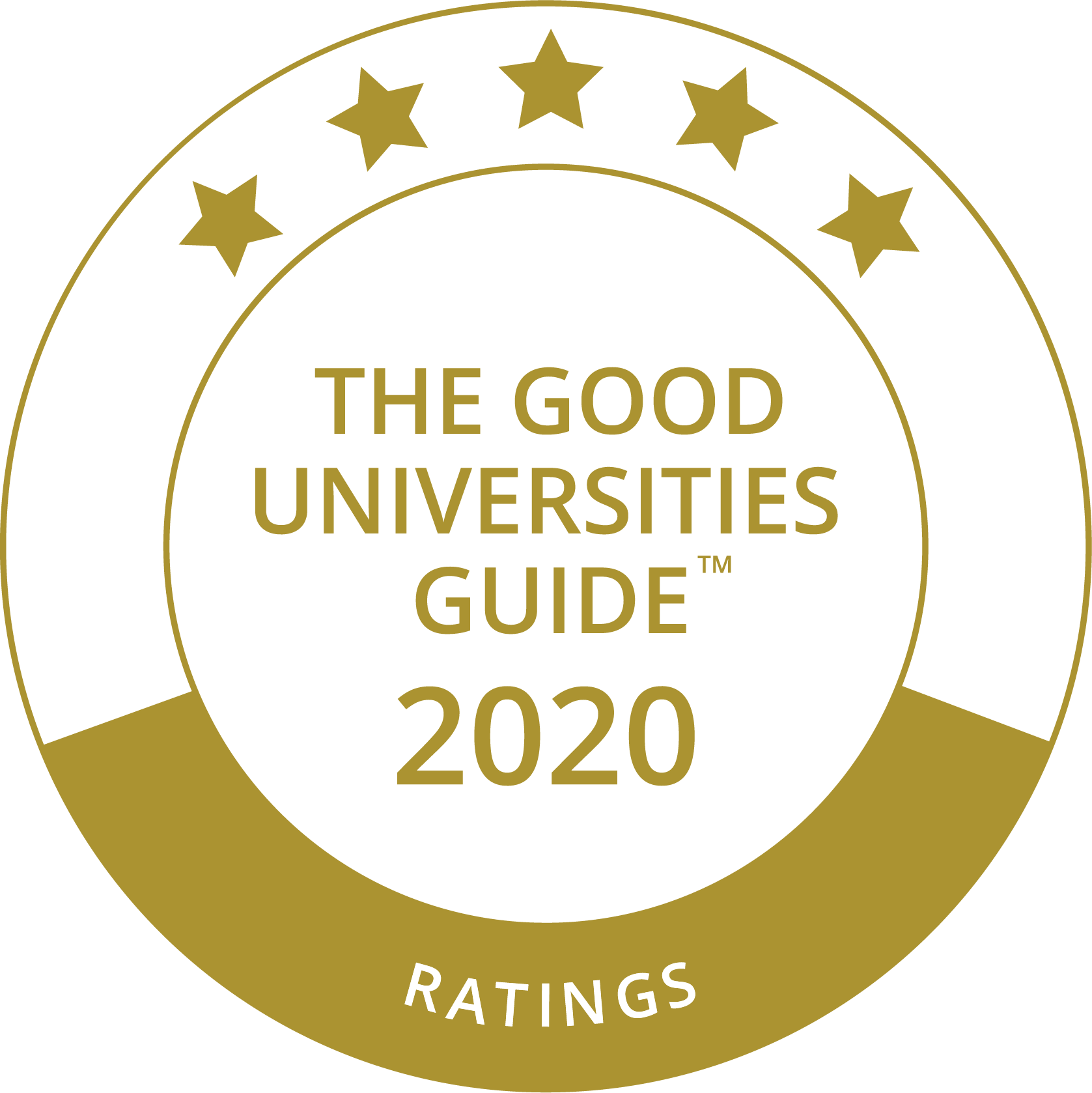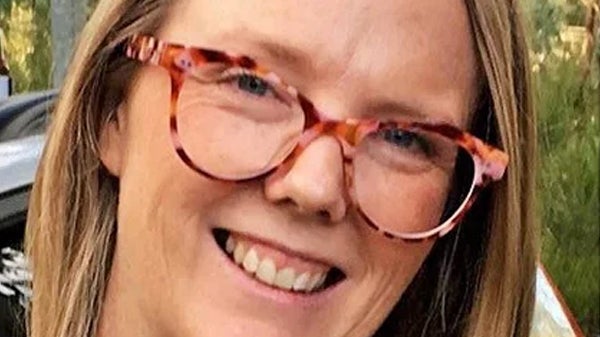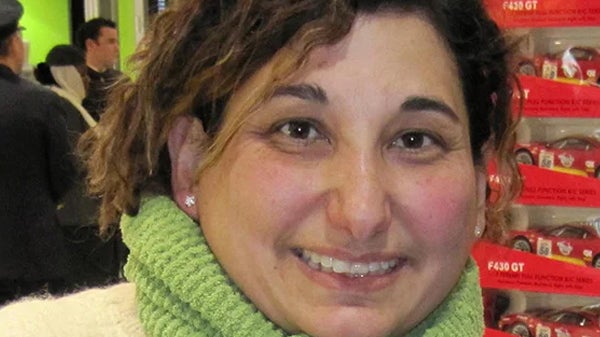Why study mental health with SCU Online?
Excellence in research
Outstanding ratings of 'at world standard' or above in 23 research fields1
Graduate employment success
89% of graduates are employed full-time post their degree2
Top 100 Young Universities
Ranked in the top 100 universities in the world that are 50 years old or younger3
1 Excellence in Research Australia (ERA) 2018
2 Good Universities Guide 2025
3 Times Higher Education Young University Rankings 2024
Enhance mental health care capabilities
The Graduate Certificate in Mental Health is for allied health and social care professionals who want to increase their specialist knowledge and employment outcomes in the field of mental health.
Developed with the latest industry standards in mind, it will prepare you to work within a range of health settings and disciplines. You will access current and clinically relevant, evidence-based knowledge and learn from leading and clinically active mental health academics from the internationally recognised School of Health and Human Sciences.
Quick facts
- Units
4 - Duration
8 months part-time - Fees
$2,712 per unit, FEE-HELP available - Intakes
Jan, Mar, May, July, Aug, Oct
The SCU Online benefits
Unique learning model
Find the ideal balance between work, life and study through our unique seven-week study units. Apply the knowledge & skills you learn immediately to real-world situations.
Learn from clinically experienced academics
Developed in collaboration with passionate, expert mental health providers, this course will prepare you to apply contemporary, evidence-based approaches in practice.
Be prepared for a dynamic industry
Focus on current trends and legislation, and the latest evidence-based approaches, equipping you to handle mental health challenges in an ever-changing landscape.
How does an online Graduate Certificate in Mental Health work with SCU?
- With no exams, you’ll learn through quizzes, videos, interactive presentations and more.
- Connect with academics and students through online chat platforms and discussion boards.
- Access support throughout the course, including feedback from a learning coach and a dedicated student success advisor from enrolment through to graduation.
- Live classes are optional but encouraged for networking, while the course is self-paced.
- To make the most of your learning experience, we recommend dedicating around 20 hours per week to your studies.
A typical study period at SCU Online
Pathway to Masters
Upon finishing your Graduate Certificate in Mental Health, if you want to continue studying, you can apply for the Graduate Diploma of Mental Health or Master of Mental Health and receive advanced standing towards the units you have already completed.
Graduate Certificate
4 Units, or continue studying
Graduate Diploma
+ 4 Units, or continue studying
Masters Degree
+ 4 Units
Entry requirements
To qualify for entry into the Graduate Certificate, all applicants must:
- Have successfully completed a minimum three (3) year Bachelor qualification, or equivalent, in health, psychology or social science-related discipline, and;
- Be proficient in English.
If you are a registered nurse, you could also be eligible for the Graduate Certificate in Mental Health Nursing. Find out more about Rules Relating to Awards and Specific Award Rules.
Units of study
This unit will expose you to critical exploration and practical application of the core contexts of mental health within the Australian healthcare system.
This unit emphasises the life stage and bio-psycho-social contexts specifically related to providing effective engagement and interventions with children, adolescents and older persons.
This unit explores the experiences of people with complex mental health presentations, co-morbidity and risk behaviours.
Develop a deeper knowledge of psychological approaches and models of understanding that influence a consumer taking constructive change that supports recovery.
Enhance understanding and capability of mental health to ensure patient physical health needs are being addressed within holistic mental health assessment, diagnosis and interventions.
This unit explores the varied roles of a mental health professional in the 21st century.
Get detailed information about each unit in our course guide.
Learning outcomes
Lay the foundation with skills and knowledge needed to be a well-rounded mental health professional.
Learn from clinically active academics and gain a contemporary understanding of emerging trends in mental health care.
Develop skills through evidence-based theories and knowledge that can be applied immediately in practice or hospital setting.
What our students do
Our students work in a variety of mental health roles across Australia in both public and private healthcare. The study builds your capabilities to provide appropriate mental health care and will set you up to work in a range of community and healthcare settings. Below are some of the roles our mental health master's students work in.
- Social Worker
- Child Protection Officer
- Counsellor
- Occupational Therapist (Mental Health Clinician)
- Registered Social Worker
- Government Assessor
- Art Therapist
- Case Manager
- Mental Health Worker
Our Accreditations and Endorsements
Our online programs meet all of the AQF guidelines, ensuring quality education.
5-STAR Rating for Full-Time Employment, Overall Experience, Student Support, Learning Resources, Teaching Quality and Skills Development.
Southern Cross University is one of the world's Top 100 Young Universities.
Our postgraduate student support and satisfaction both above the national average.











